Optimal Timing for Foundation Repairs
Foundation repairs are most effective when performed during specific seasonal conditions. The optimal time depends on local climate and soil conditions, which influence the stability and accessibility of the foundation. Typically, dry and moderate weather periods are preferred to ensure proper curing and to minimize delays caused by adverse weather.
In regions with cold winters, it is advisable to schedule repairs during warmer months when ground moisture levels are stable. During periods of extreme heat or heavy rainfall, foundation work may face complications such as soil shifting or water intrusion, which can impact the quality of repairs. Proper timing ensures that repairs are durable and long-lasting.
Spring and fall often provide the most stable conditions for foundation repairs due to moderate temperatures and soil moisture levels.
Avoid scheduling repairs during heavy rain or extreme cold to prevent delays and ensure proper curing of materials.
Dry soil provides better support for excavation and repair work, reducing the risk of shifting or further settling.
Plan repairs during periods of consistent weather to minimize disruptions and maximize repair effectiveness.
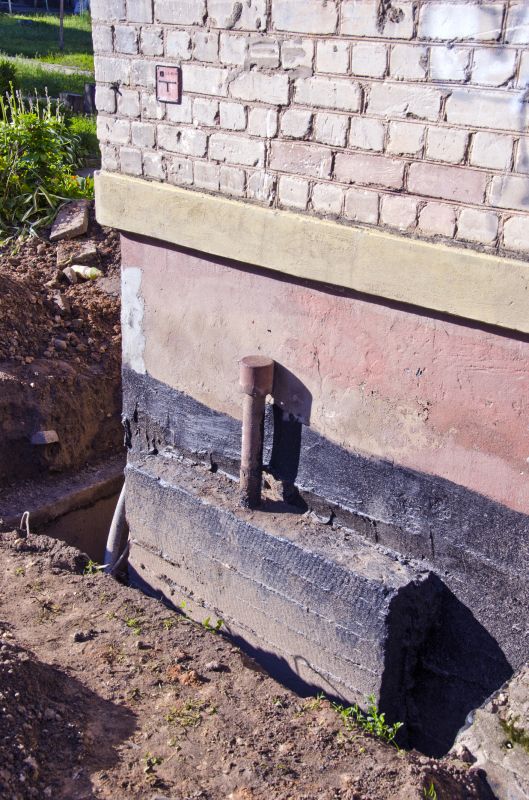
Spring offers moderate weather conditions ideal for foundation work, with stable soil and manageable moisture levels.
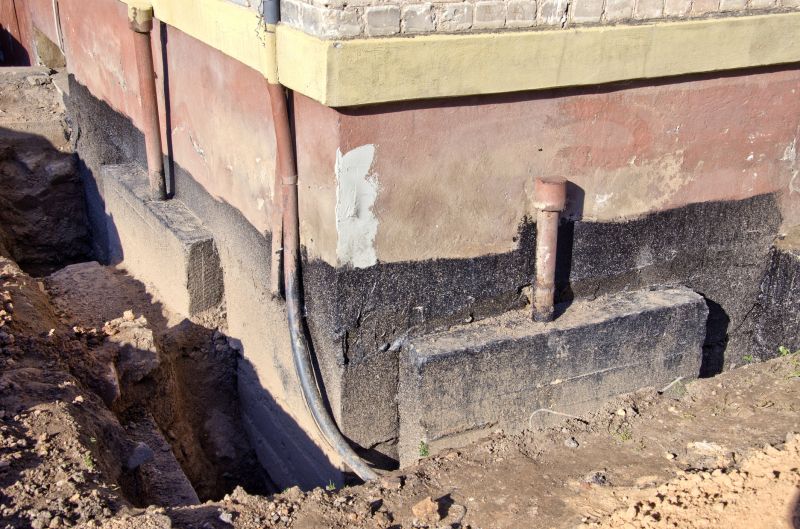
Summer provides warm weather, but excessive heat and drought can complicate repairs if not planned carefully.
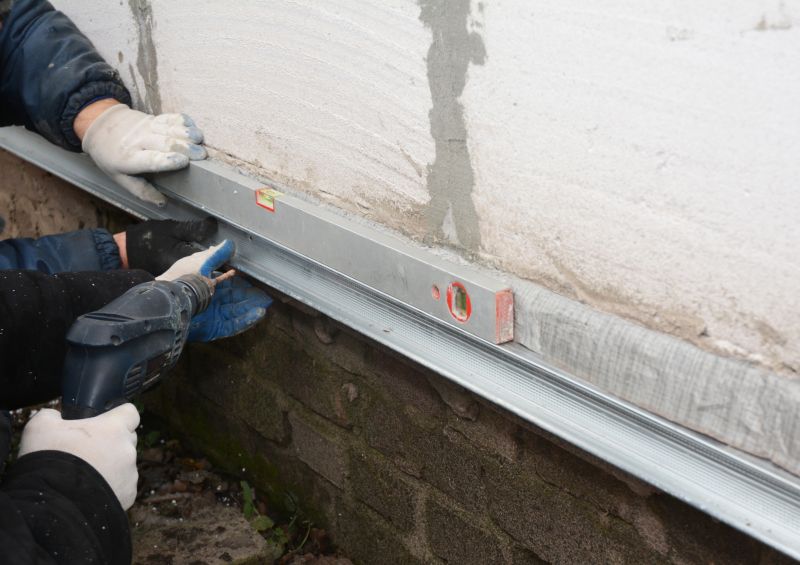
Fall is another suitable season, with cooler temperatures and less precipitation, aiding in effective repairs.
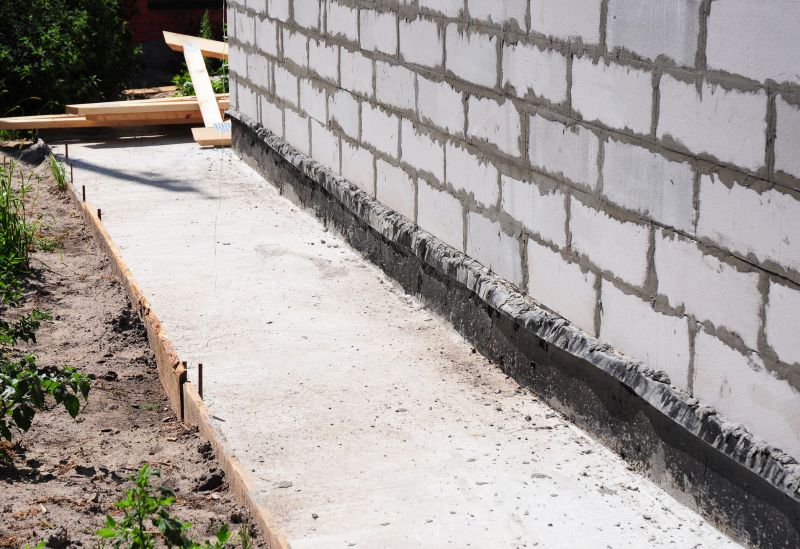
Winter repairs are generally avoided due to freezing temperatures and frozen ground, which hinder excavation and curing.
| Season | Ideal Conditions |
|---|---|
| Spring | Moderate temperatures, stable soil moisture |
| Summer | Warm weather, avoid extreme heat |
| Fall | Cooler temperatures, dry soil |
| Winter | Not recommended due to freezing ground |
Foundation repairs are essential for maintaining structural integrity and preventing further damage. Addressing issues promptly during the optimal season can reduce costs and improve results. Proper timing allows for effective soil stabilization and ensures the longevity of the repair work. Regular inspections and timely intervention are key to avoiding costly repairs in the future.
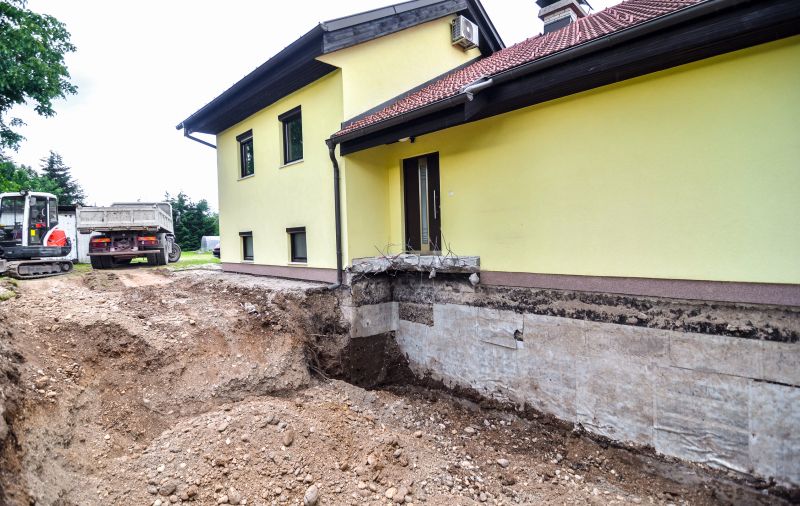
Excavation, stabilization, and reinforcement are key steps in foundation repair.
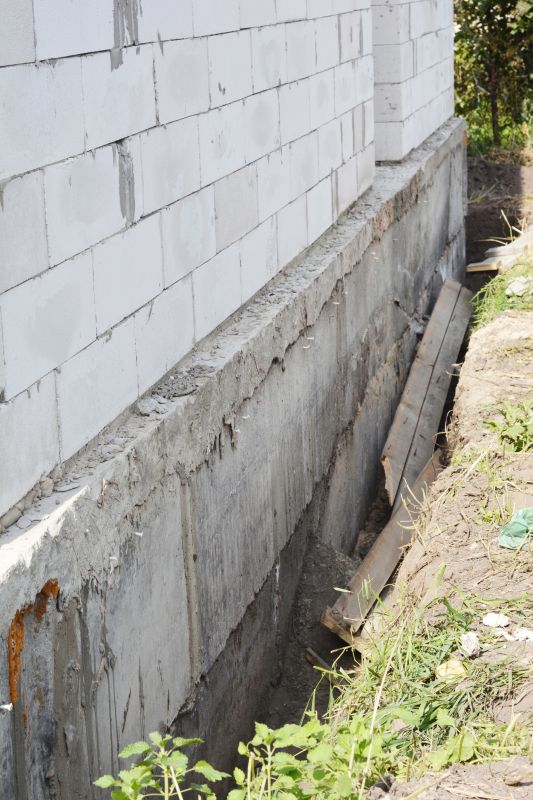
Proper soil treatment is crucial for long-lasting foundation stability.
Timely foundation repairs are vital for preserving property value and safety. Consulting with foundation specialists can help determine the best season for scheduled work based on local conditions. Proper planning and execution ensure a durable solution that supports the longevity of the structure.
Interested property owners in Danville, IL, are encouraged to contact professionals to assess foundation conditions and plan repairs during the most suitable season for their specific situation.


